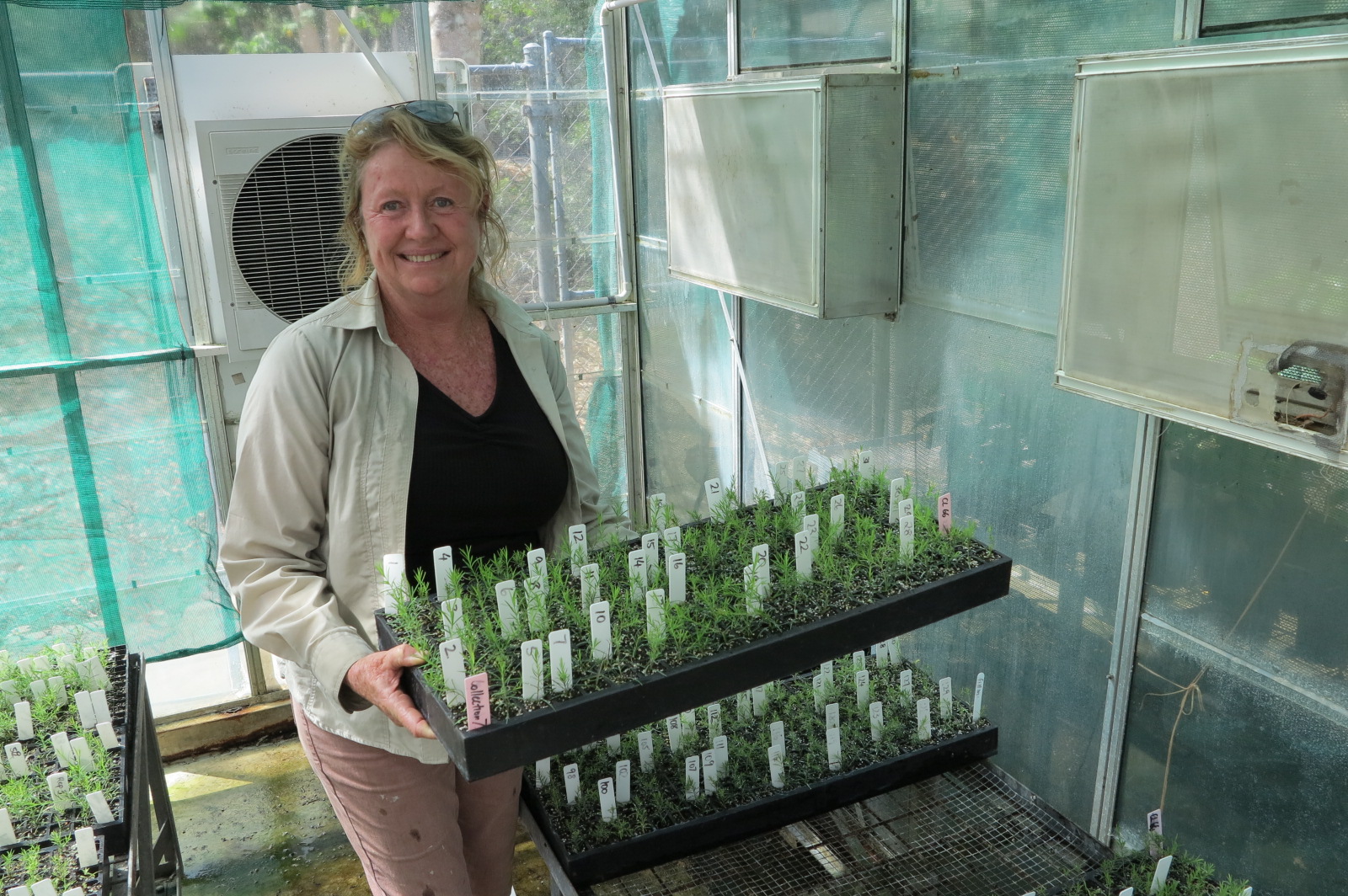Why is this research project important?
The tea tree industry would like to grow clones because these could potentially improve the productivity and uniformity of plantations that currently use seedlings. The adoption of clones could also provide the industry with greater responsiveness to market change through rapid line development relative to seedling production. However, the adverse qualities of mature plants in relation to vegetative propagation have hindered the development of an economically viable vegetative propagation system for tea tree.
Tea tree is planted at a high density, of around 33,000 plants per hectare, and it is predicted that replanting and expansion could reach 50 hectares per annum for the industry. This would require an output of around 1.7 million propagules per year from nurseries. While this volume could easily be supplied by seedling production, it would take substantial advances in propagation technique and expertise to achieve this through clone production.
This research project addresses the problems associated with maturation hindering cloning of tea tree and the high costs of tea tree plants. The development of an efficient clonal delivery system will alleviate the effects of maturation. It will also suggest nursery practices, which will allow plant production at volumes required at a cost that is acceptable to tea tree growers.
Why did you get involved in the project?
I have worked with plants for most of my life, either in the area of propagation and revegetation or in pest management. Over the years, I have successfully propagated hard to clone tree species by trial and error but not fully understood why a particular technique worked or not. The opportunity to take on this PhD project was ideal for me; it is allowing me to build on my practical skills in propagating plants as well as understand the ontogenetic and physiological factors that influence the success of propagation. I feel fortunate to be able to contribute to the tea tree industry by opening up the possibility of using clones for tea tree oil production.











